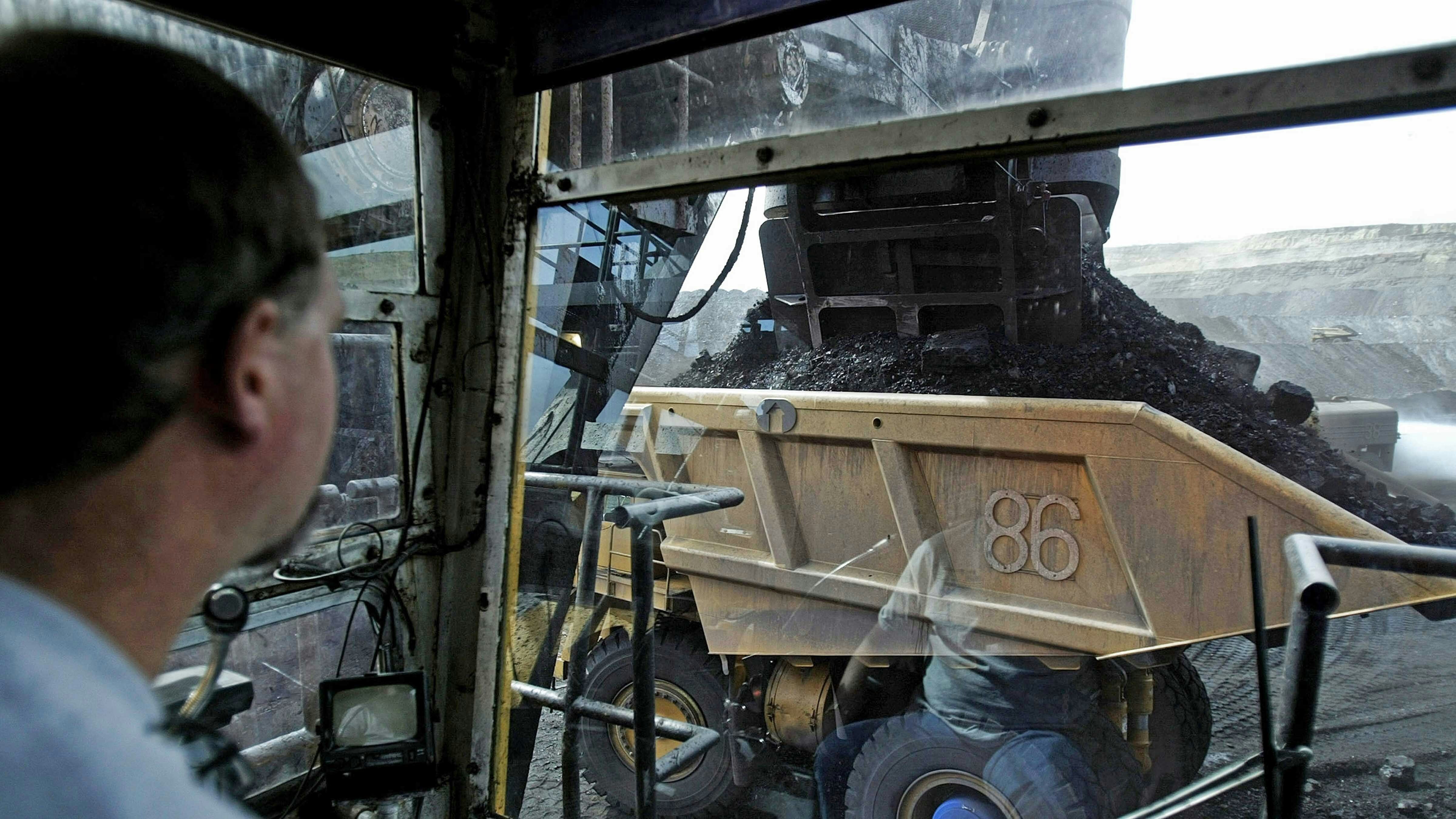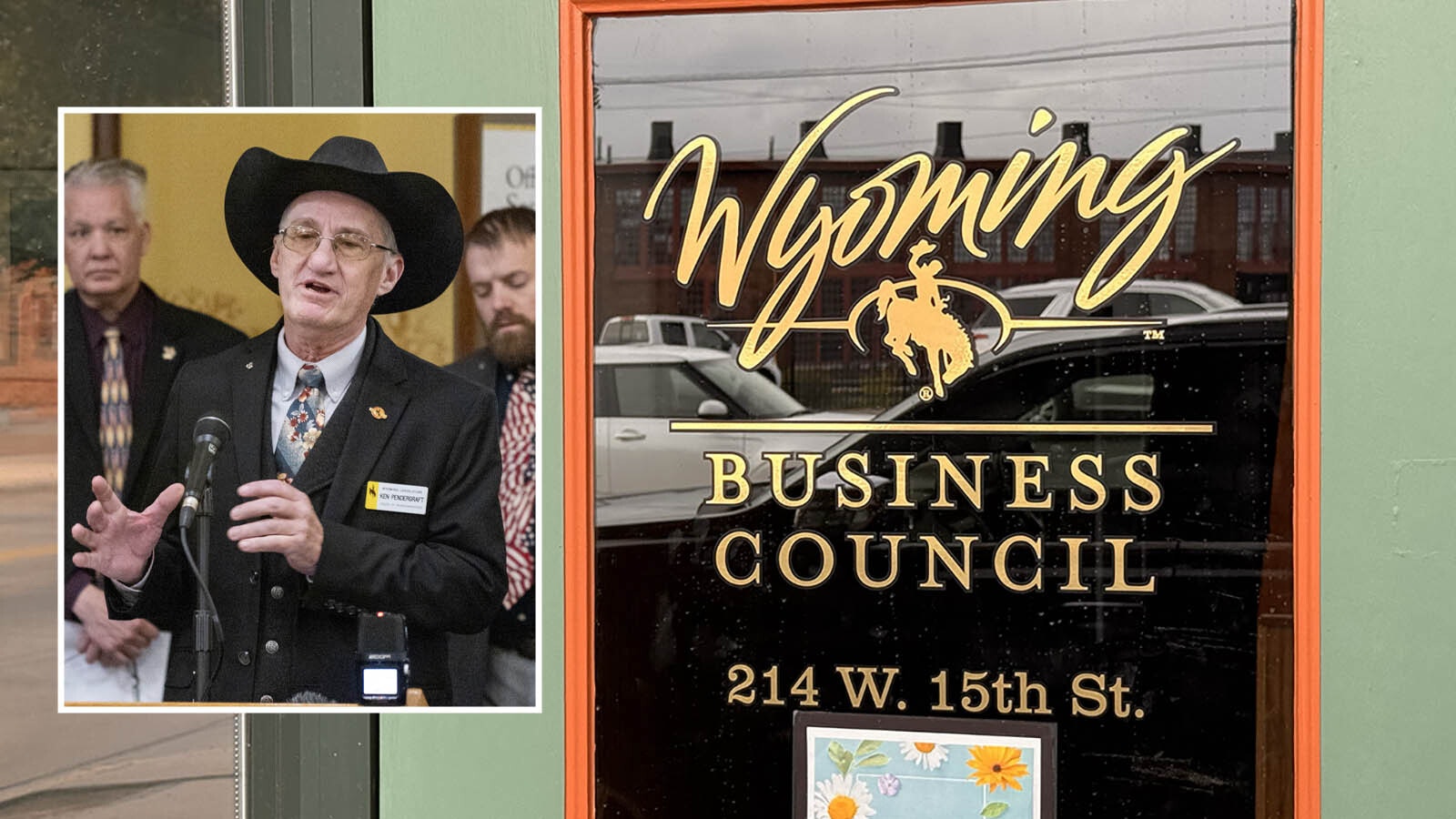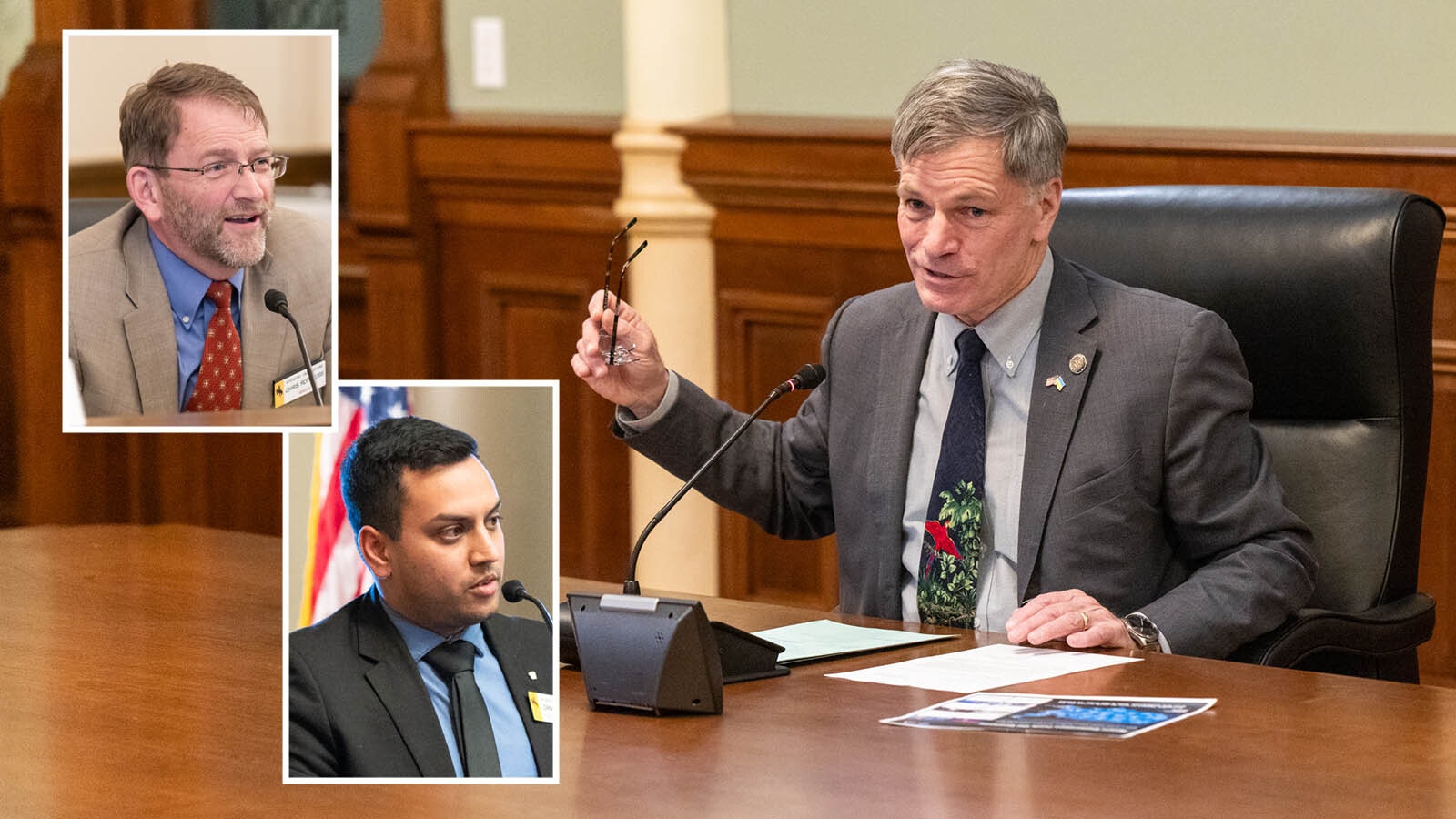The efforts to push back against “woke investing” on the state level are starting to trickle down to Wyoming counties.
A couple years ago, Campbell County Commissioner Del Shelstad questioned if the county was investing in companies that have taken stances against oil, gas and coal companies. After a quarterly investment report at a regular commission meeting earlier this month, Shelstad raised the issue again.
“Should we be investing in companies that don’t invest in us?” Shelstad asked.
Woke Investing
Shelstad’s concern, which was echoed by others on the commission, follows questions that were raised in the Wyoming Legislature in its most recent session when two bills were introduced to push back against environment, social and governance (ESG).
Both bills failed, but the State Loan and Investment Board this month voted to update the state’s Investment Policy Statement, which sets regulations for how the state’s investments are managed, with anti-ESG language.
ESG measures, sometimes called “woke investing,” rate funds on various markers of progressive-friendly policies related to protecting the environment, diversity in the workplace and community relations. Any association with fossil fuel industries quickly gets a fund rated down.
Some banks, including Bank of the West, have specific statements regarding their reluctance to do business with fossil fuel companies.
Taxpayer Money
Shelstad told Cowboy State Daily that he began raising the issue when he heard that Wells Fargo would no longer invest in fossil fuel companies.
While Wells Fargo has expressed commitments to reach net zero by 2050, the bank has not ceased investing in fossil fuel companies.
However, other large banks, such as Bank of the West, have policies that limit their investments in oil, gas and coal companies. Shelstad said he wants to know if Campbell County is investing in any of these institutions.
“We should not be investing any Campbell County taxpayer money and companies that are anti-fossil fuel,” Shelstad said.
Commission Chair Colleen Faber said companies that use ESG ratings in investment decisions can undermine investment returns.
All 12 of Wyoming’s Powder River Basin coal mines are all or at least in part in Campbell County, and PRB coal production is the dominant economic driver of the county, and the state overall.

Sound Advice
Joan Evans, director of PFM Asset Management, at the meeting asked if commissioners want companies that aren’t friendly toward fossil fuels to be excluded from the county’s investment portfolio.
Shelstad said that the county was just looking for sound advice, but that may mean PFM advises them not to pull an investment.
Chris Blackwood, managing director of PFM Asset Management, said in their role as managers, they can’t make policy decisions. They can provide the county information on their investments.
Faber said that companies have hurt themselves by refusing to invest in the energy sector, as it has given great returns the past few years, and she didn’t want the county to do the same.
“We still want great investment advice,” Faber said.
With roughly $300 million in investments, Campbell County’s portfolio is complex.
In the interest of making the analysis manageable, the commission agreed to narrow the examination of those investments to just financial institutions.
Sharing Lessons
The debates of ESG legislation in the Legislature and on the SLIB ran into the same challenge — how to make investments in companies that are supportive of Wyoming industries without excluding investments in such a way that hurt state investments.
There were also questions about how to define when a company is acting outside Wyoming’s financial interests and moving into ideological considerations that don’t benefit the state or its investments.
Sen. Eric Barlow, R-Gillette, agreed there are a lot of questions to ask when it comes to investments than just if they’re supportive of extractive industries or not.
“The state is having challenges wrestling with these questions,” Barlow told Cowboy State Daily.
Barlow said the discussions that were had at the state level lay some groundwork for the county, and there might be some lessons to be shared there.





